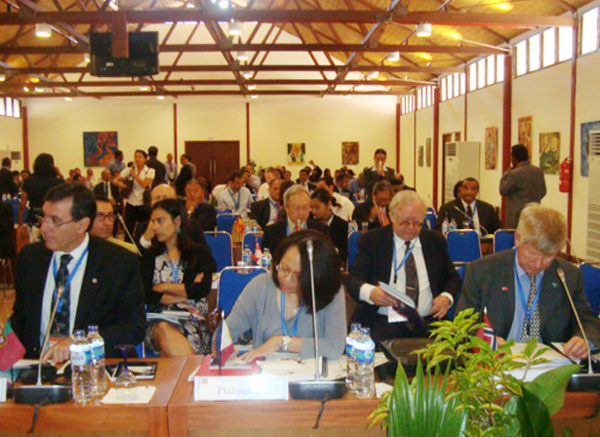East Timor and Indonesia Action Network (ETAN)
West Papua Advocacy Team (WPAT)
Comments on the U.S. Department of State Country reports on Human Rights Practices for 2009
Contents - Police Violations
- Timor-Leste
- Transmigration
- West Papua
- Aceh
- Munir
As in the past, the State Department, in both its summary and the main body of the report, pulls its punches when addressing security force human rights violations, obstruction of justice and other crimes. The police and the military remain largely unaccountable to a judicial system that is deeply corrupt and cowed by the power of the security forces. The military continues to evade civilian control. Militias, established by the military in Aceh, West Papua and elsewhere are similarly unaccountable. Their role is ignored in the report.
Indonesia's official National Commission on Human Rights (Komnas HAM) questioned the report's overall tone, calling the document "too optimistic." The chair of the commission Ifdhal Kasim told the Jakarta Globe "There has been practically no improvement in the handling human rights violations in Indonesia." He told the newspaper that "the country's mechanisms for tackling human rights violations had failed, pointing out that no cases of human rights abuse were brought to the courts in 2009."
The report's overview wrongly contends that "civilian authorities generally maintained effective control of the security forces." The statement is partially qualified with an acknowledgement that "the Indonesian Armed Forces (TNI) continued to be partly self-financed weakened this control," but the those few elements of the military's business empire that were purportedly placed under "civilian" control were in fact turned over to the Ministry of Defense, which is populated principally by active duty and retired senior military personnel. A member of Indonesian Parliament who sits on the commission overseeing defense and foreign affairs has noted that only 13 percent of the millions of acres owned by the military has been certified. Military involvement in illegal business activities and overall impunity further limit civilian control.
In one of the most important oversights, the report leave out the severe and repeated human rights violations in Merauke and Keerom, in West Papua at the hands of a unit of Indonesia's Special Forces (Kopassus). A June 2009 Human Rights Watch report What Did I Do Wrong? - based on interviews documents how Kopassus soldiers "arrest Papuans without legal authority, and beat and mistreat those they take back to their barracks," underscoring that the Kopassus personnel continue to violate rights with impunity even as the U.S. government considers resuming training Kopassus after 12 years. In the fall, six Kopassus officers met with a Human Rights Watch official to deny the abuses detailed in the report. These denials lacked credibility. The Kopassus officers also sought to identify the report's author in a not too subtle effort at intimidation. The State Department's failure to take note of this important human rights reports is inexplicable.
In its substantive paragraphs, the State Department report notes that the military continues to be involved in people trafficking and, as during the Suharto era, to collude with "developers" in forcing farmers and others off their land. However, the report leaves out the systematic failure of the government to prosecute these crimes.
The introduction to the report also contends that "The government or its agents did not commit any politically motivated killings; however, security force personnel committed a number of killings in the course of apprehending alleged criminals and terrorists." This claim ignores accounts that military personnel (belonging to the Special Forces or "Kopassus") likely-assassinated civilian activists in Aceh in 2009 because of their political advocacy (confirmed in part after the report came out). The report acknowledges only three killings in Aceh - there were at least 29 mysterious killings and assaults - and fails to report on the background of security force violence that provides context to understand the nature of those killings.
The State Department report fails to identify Article 106 of the Indonesian Criminal Code which criminalizes peaceful political dissent. The article, which dates to the Dutch colonial era and which was used extensively by during the Suharto dictatorship to punish dissenters, remains a tool of prosecutors, particularly in West Papua. Article 106 criminalizes dissent as constituting rebellion and/or treason and is not compatible with Indonesia's obligations to protect free speech under terms of the International Covenant on Civil and Political Rights (Articles 19-21). Indonesia signed the convention in 2006.
Read the full post here

